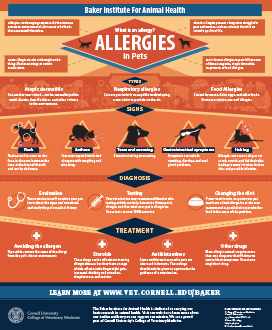Whether your pets spend time at daycare or boarding facilities, they need to be up-to-date on all of their required vaccinations. Core vaccines include Bordetella, rabies and DA2PP, which guard against common diseases that canines are subjected to when in close contact with others.
Non-core injections include canine influenza and leptospirosis shots. These are recommended for dogs that join other canines frequently.
Core Vaccinations
As a crucial part of preventative treatment, canine vaccines help maintain pet dogs risk-free from infectious conditions sent with direct contact or infected surface areas. Injections stimulate the immune system to develop antibodies that battle disease, and most veterinarians think about core canine vaccines to be crucial for all family pets.
Rabies
Many respectable dog childcare centers require that your pet dog depend on date on their rabies inoculation. Vaccinations are administered to pups as early as 12-16 weeks old, and boosters are required every 3 years or so till their adult years. Rabies is a fatal viral condition that spreads via saliva, normally from bites. The majority of states need rabies vaccinations for all pet dogs and cats, and some also mandate rabies boosters for animal proprietors.
Distemper/Parvovirus/Adenovirus (DHPP).
This combination vaccine covers canine distemper, parvovirus, liver disease, and adenovirus, all of which are extremely contagious. The majority boarding for dogs of veterinary workplaces provide DHPP vaccines as one shot or in a series of 2 to four shots, given 2-4 weeks apart, complied with by an annual booster. This injection is a requirement for a lot of boarding and doggy day care facilities, in addition to many groomers.
Bordetella/Canine Parainfluenza Injection.
Bordetella bronchiseptica, commonly referred to as kennel cough, is an extremely transmittable breathing infection brought on by the germs that creates the disease. Signs and symptoms include consistent coughing, sneezing, nasal discharge, and fever. Many kennel coughing outbreaks take place in crowded atmospheres, such as childcare or boarding facilities, and are specifically common in warmer weather condition. This vaccination is a requirement for a lot of daycare and boarding facilities, and is usually offered in a mix with the DHPP vaccination.
Leptospirosis Vaccine.
This is a microbial condition that spreads with infected water, soil, and urine. Infection can create kidney and liver damage, as well as fatality, and is transmissible to human beings. Most veterinarians will certainly recommend this injection, based upon geographical location and way of life of the pet, for pets that spend time outdoors or at boarding facilities, in addition to some groomers. This vaccination is usually provided as a collection of two to 4 shots, spaced 2-4 weeks apart, with a yearly booster required for many family pets.
Lyme Condition Vaccine.
The most typical tick-borne condition in the United States, Lyme disease is transferred by the deer tick and can cause high temperature, joint pain, muscle discomfort, and anorexia nervosa. The Lyme condition vaccination protects against the most common pressures of the infection, including the H3N8 and H3N2 strains. Many veterinary centers advise this vaccination, specifically in high-risk areas, such as the Northeast, upper Midwest, Mid-Atlantic, and along the Pacific coastline.
Noncore Vaccines.
Other pet dog vaccinations, while not essential for all pet dogs, are recommended based on the canine's way of life and geographical place. These include the following:.
